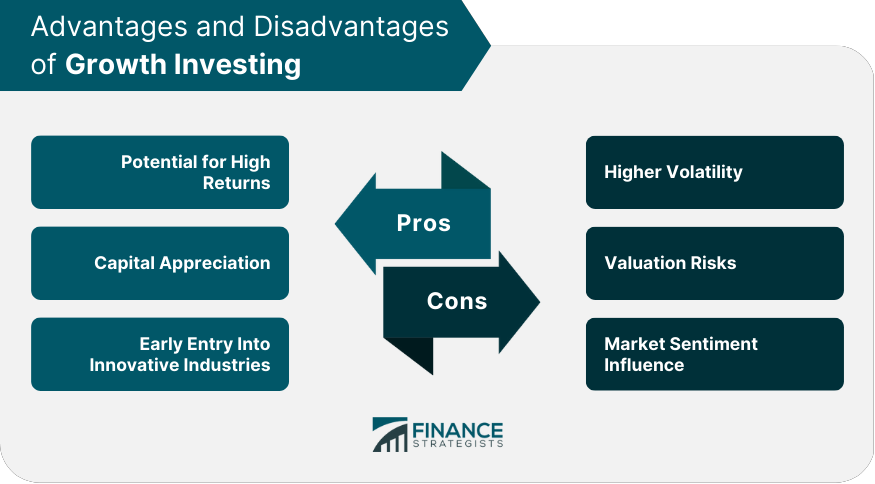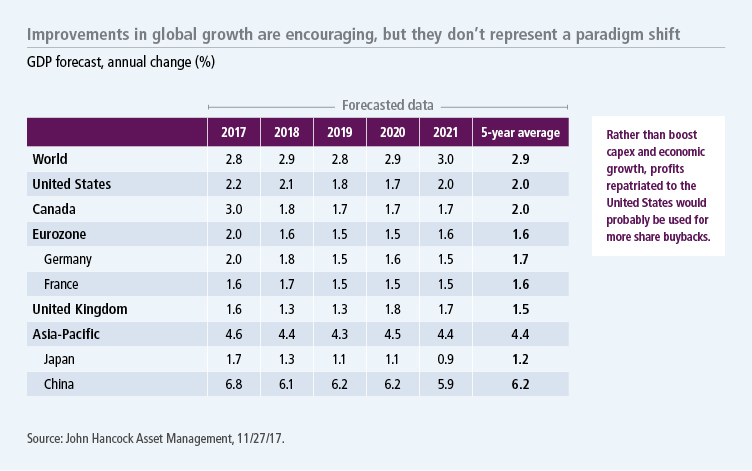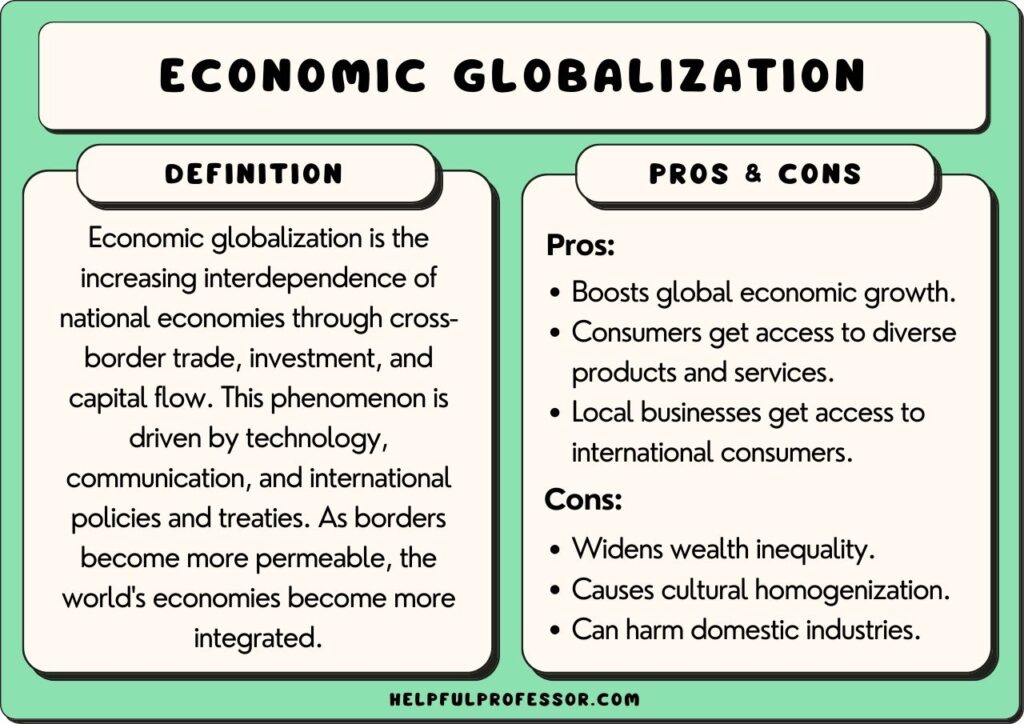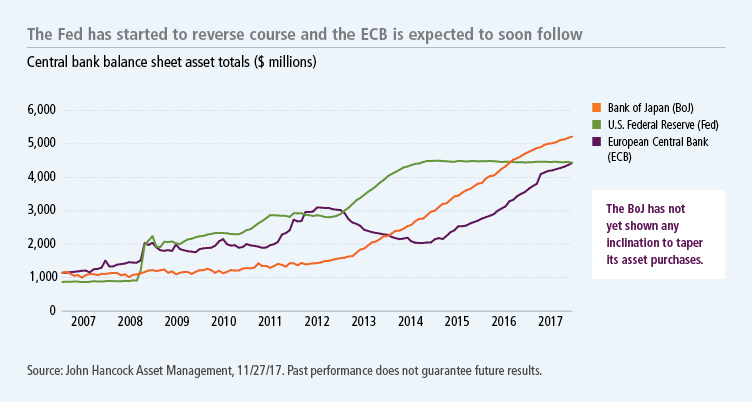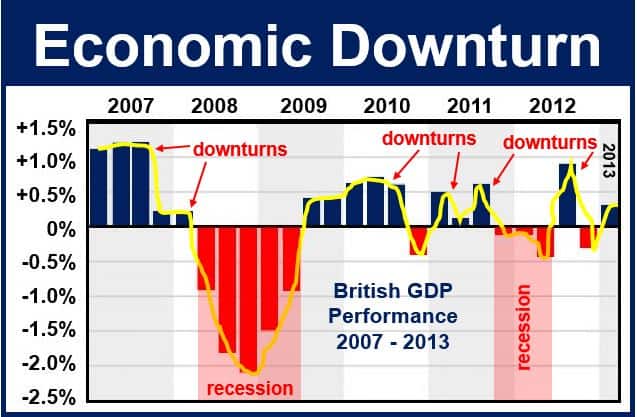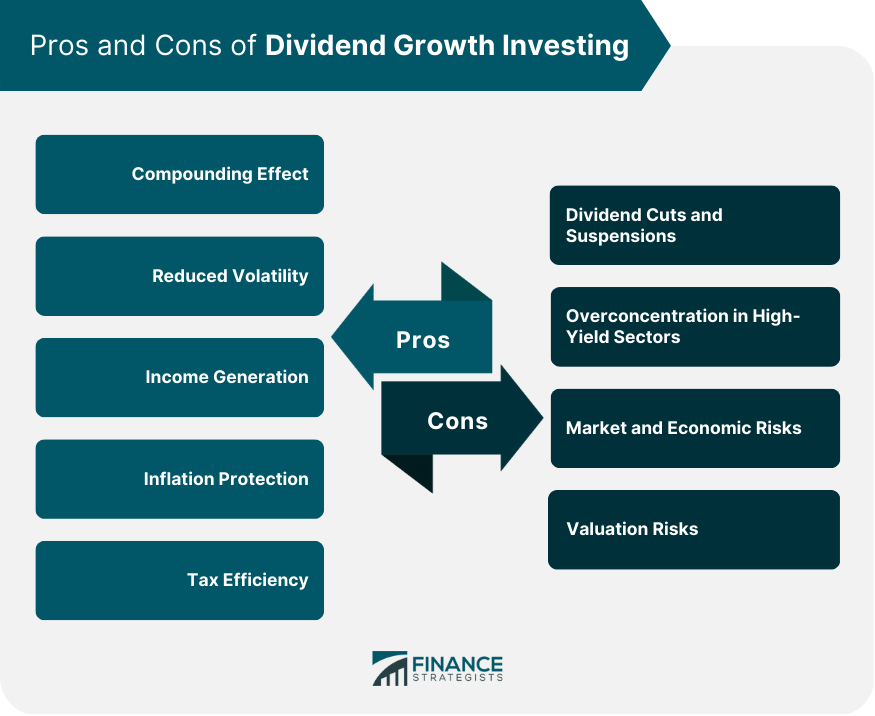Can Corporate Growth Have A Downside
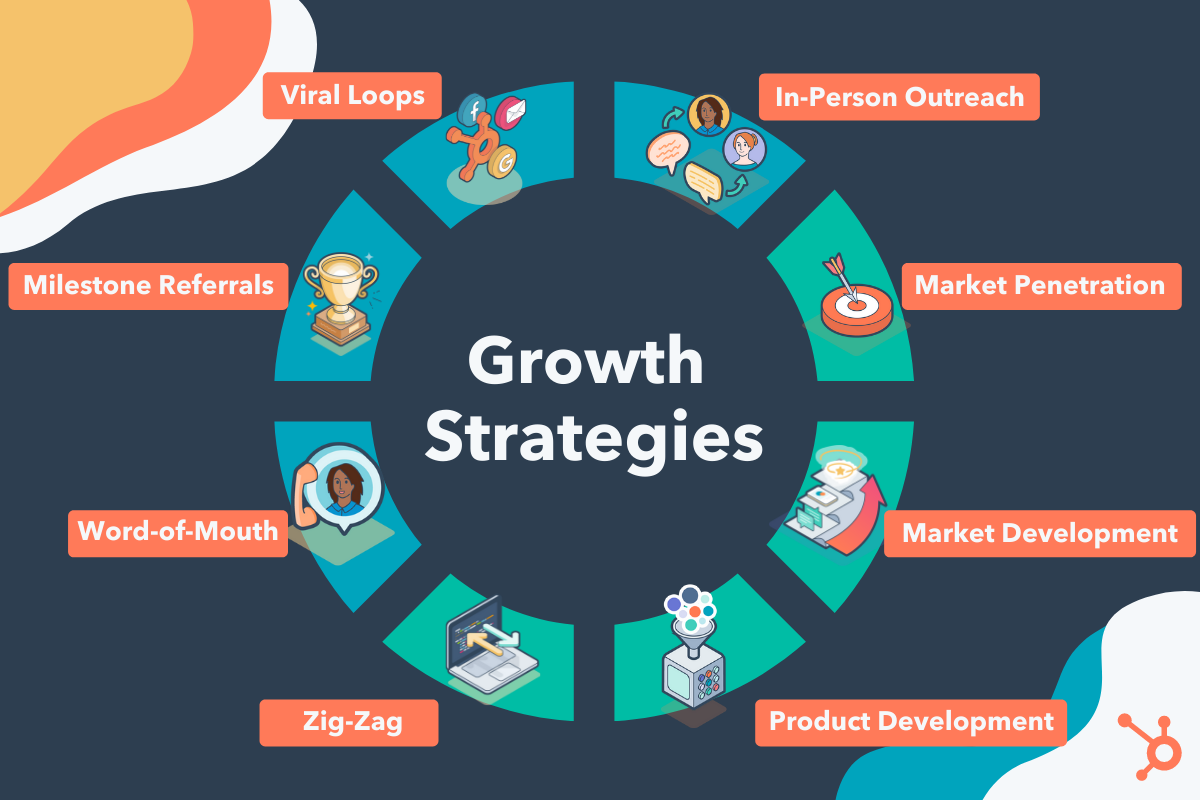
The relentless pursuit of corporate growth is a cornerstone of modern capitalism, often lauded for driving innovation, creating jobs, and fueling economic prosperity. However, a growing chorus of voices is questioning whether this single-minded focus can come at a significant cost, raising concerns about environmental sustainability, social equity, and even long-term economic stability.
While growth is often presented as inherently positive, a deeper examination reveals a complex interplay of benefits and drawbacks. This article explores the potential downsides of unchecked corporate expansion, examining the arguments and evidence surrounding this increasingly relevant debate.
The Allure and the Argument for Growth
For decades, corporate growth has been synonymous with success. Companies are incentivized to increase profits, expand market share, and boost shareholder value. This drive fuels investments in research and development, leading to new products, technologies, and efficiencies that can improve lives and drive economic advancement.
However, the pursuit of growth can also incentivize cost-cutting measures that negatively impact workers, communities, and the environment. "The pressure to constantly increase profits can lead to decisions that prioritize short-term gains over long-term sustainability," stated Dr. Anya Sharma, an economist specializing in sustainable business practices at the University of California, Berkeley.
Environmental Impact: A Growing Concern
One of the most significant criticisms of unchecked corporate growth is its impact on the environment. Increased production often leads to higher consumption of resources, greater pollution, and accelerated climate change.
A recent report by the Intergovernmental Panel on Climate Change (IPCC) highlighted the role of industrial activity in driving global warming. The report stated that "limiting global warming will require major transitions in the energy sector, involving a substantial reduction in fossil fuel use." This transition often clashes with the growth agendas of many large corporations.
Furthermore, the extraction of raw materials, often in developing countries, can lead to deforestation, habitat destruction, and displacement of local communities. These practices raise ethical concerns about the social responsibility of corporations operating in a globalized world.
Social Equity and Labor Practices
The pursuit of growth can also exacerbate social inequalities. Companies seeking to maximize profits may offshore jobs to countries with lower labor costs and weaker environmental regulations.
This can lead to job losses in developed nations and exploitation of workers in developing countries. The International Labour Organization (ILO) has documented numerous cases of labor violations in global supply chains, including forced labor, child labor, and unsafe working conditions.
"Corporations have a responsibility to ensure that their pursuit of growth does not come at the expense of workers' rights and social well-being,"said a statement released by the ILO earlier this year.
Furthermore, the concentration of wealth and power in the hands of a few large corporations can stifle competition and limit opportunities for smaller businesses and entrepreneurs. This can lead to a less dynamic and less equitable economy.
Economic Stability and Long-Term Viability
Paradoxically, unchecked growth can also threaten long-term economic stability. The pursuit of unsustainable growth can lead to resource depletion, environmental degradation, and social unrest, all of which can undermine economic prosperity in the long run.
Moreover, the relentless focus on short-term profits can incentivize risky behavior and financial instability. The 2008 financial crisis, triggered by excessive risk-taking in the financial industry, serves as a stark reminder of the dangers of unchecked corporate greed.
The World Economic Forum, in its annual Global Risks Report, has consistently highlighted environmental and social risks as major threats to the global economy. Klaus Schwab, Founder and Executive Chairman of the World Economic Forum, has emphasized the need for a more sustainable and inclusive model of capitalism, one that prioritizes long-term value creation over short-term profits.
Moving Towards Sustainable Growth
The debate over corporate growth is not about whether growth is inherently good or bad, but about how to ensure that it is sustainable and equitable. This requires a shift in mindset, from a sole focus on maximizing shareholder value to a broader consideration of stakeholder interests, including employees, customers, communities, and the environment.
Governments can play a crucial role in promoting sustainable growth through regulations, incentives, and public investments. Corporations can also take proactive steps to reduce their environmental impact, improve labor practices, and contribute to social well-being. Consumers can also play a role by supporting businesses that prioritize sustainability and social responsibility.
Ultimately, the challenge is to create a system that rewards businesses for creating value for all stakeholders, not just shareholders. This requires a fundamental rethinking of the purpose of the corporation and its role in society. Only then can we harness the power of corporate growth to create a more prosperous, equitable, and sustainable future for all.
:max_bytes(150000):strip_icc()/dotdash_Final_Economic_Growth_2020-01-a0ace0fdcf3142ae94494dcfd9986daa.jpg)
